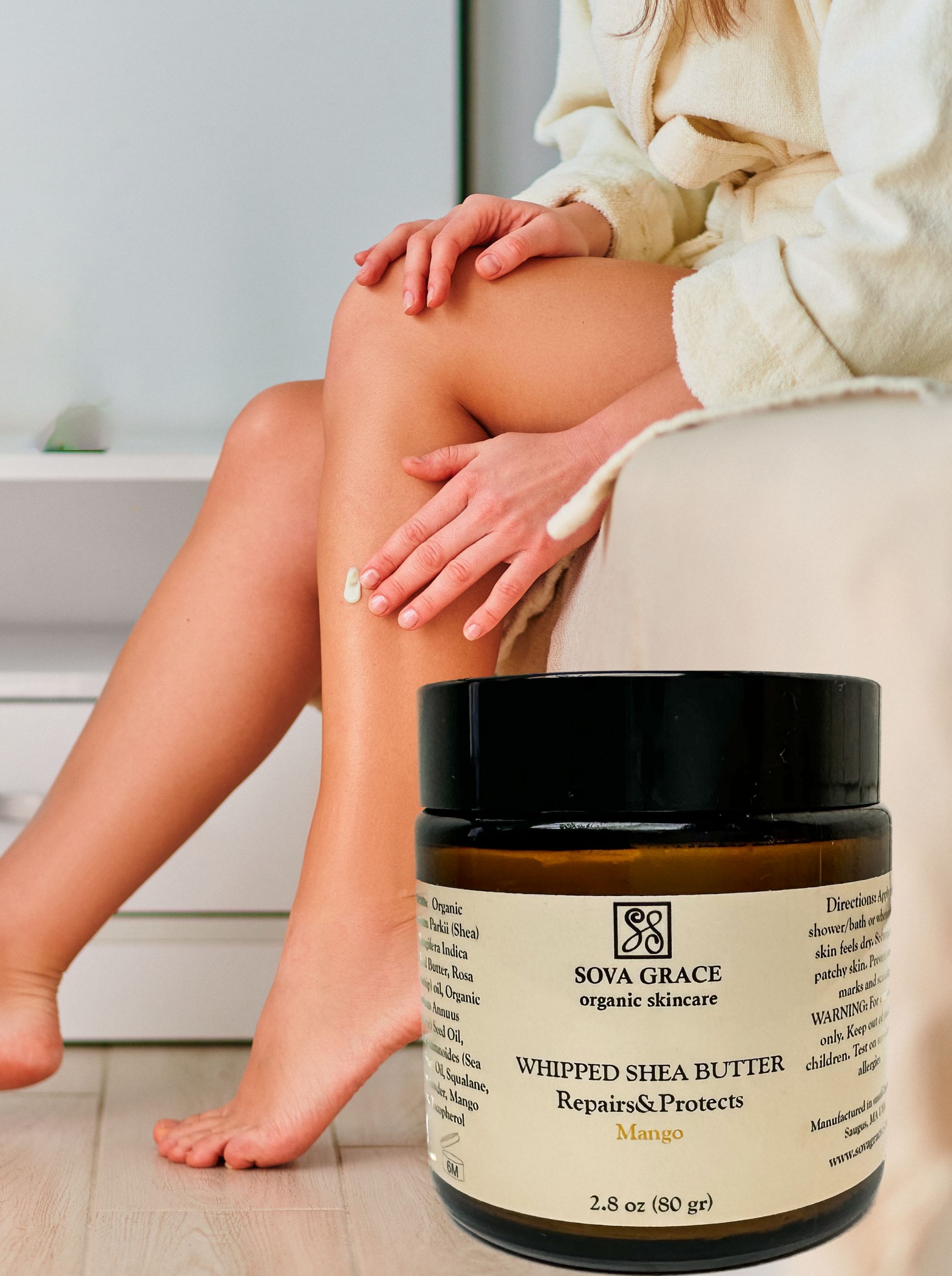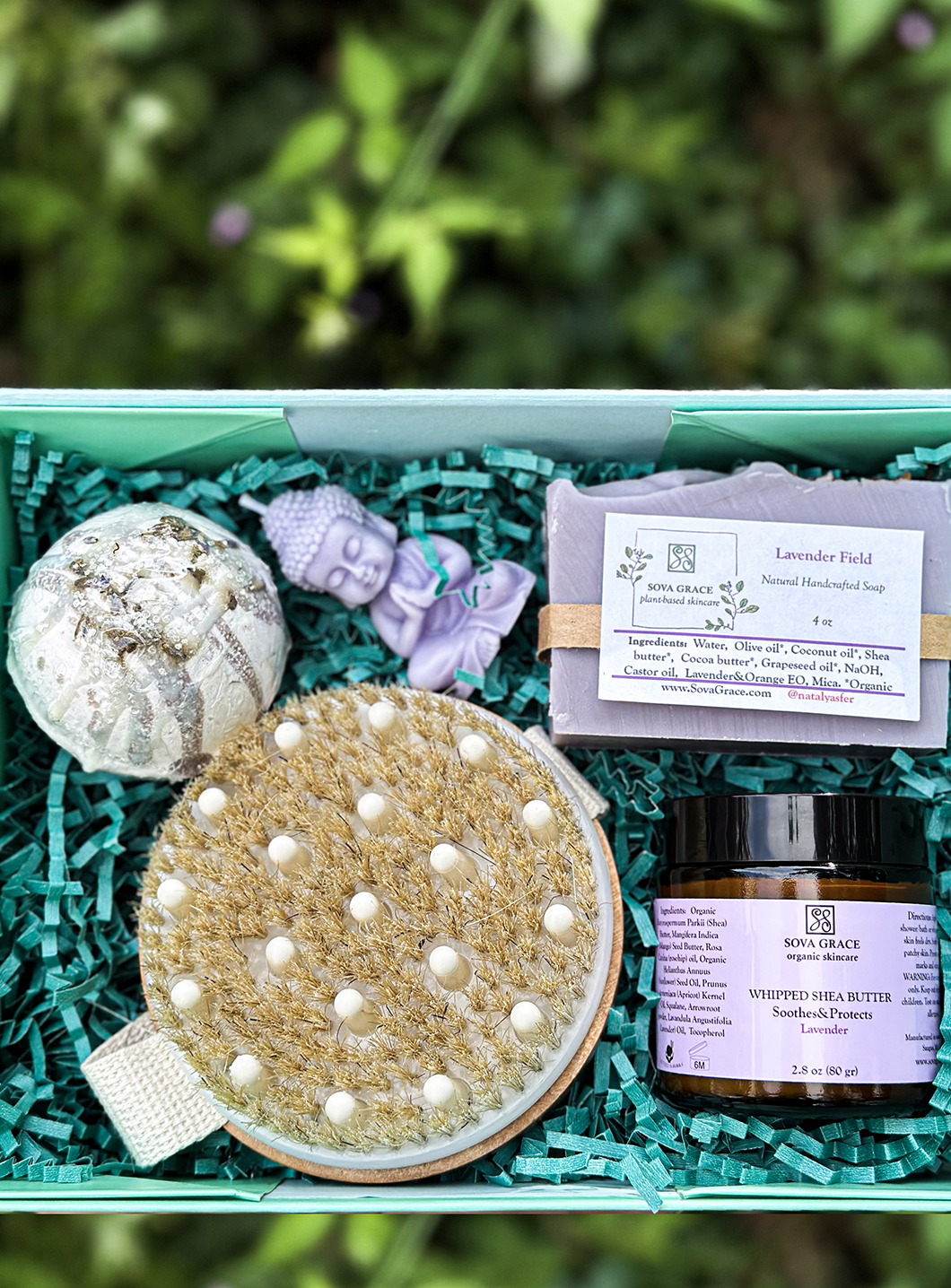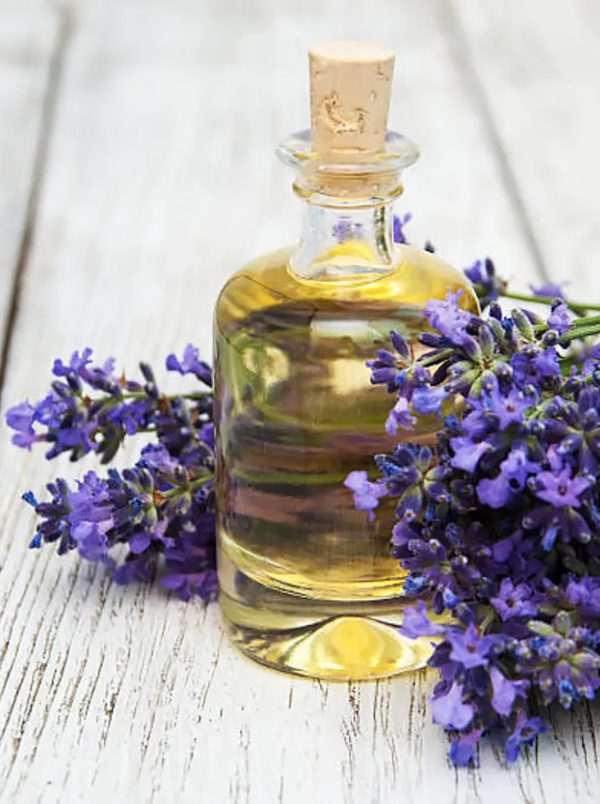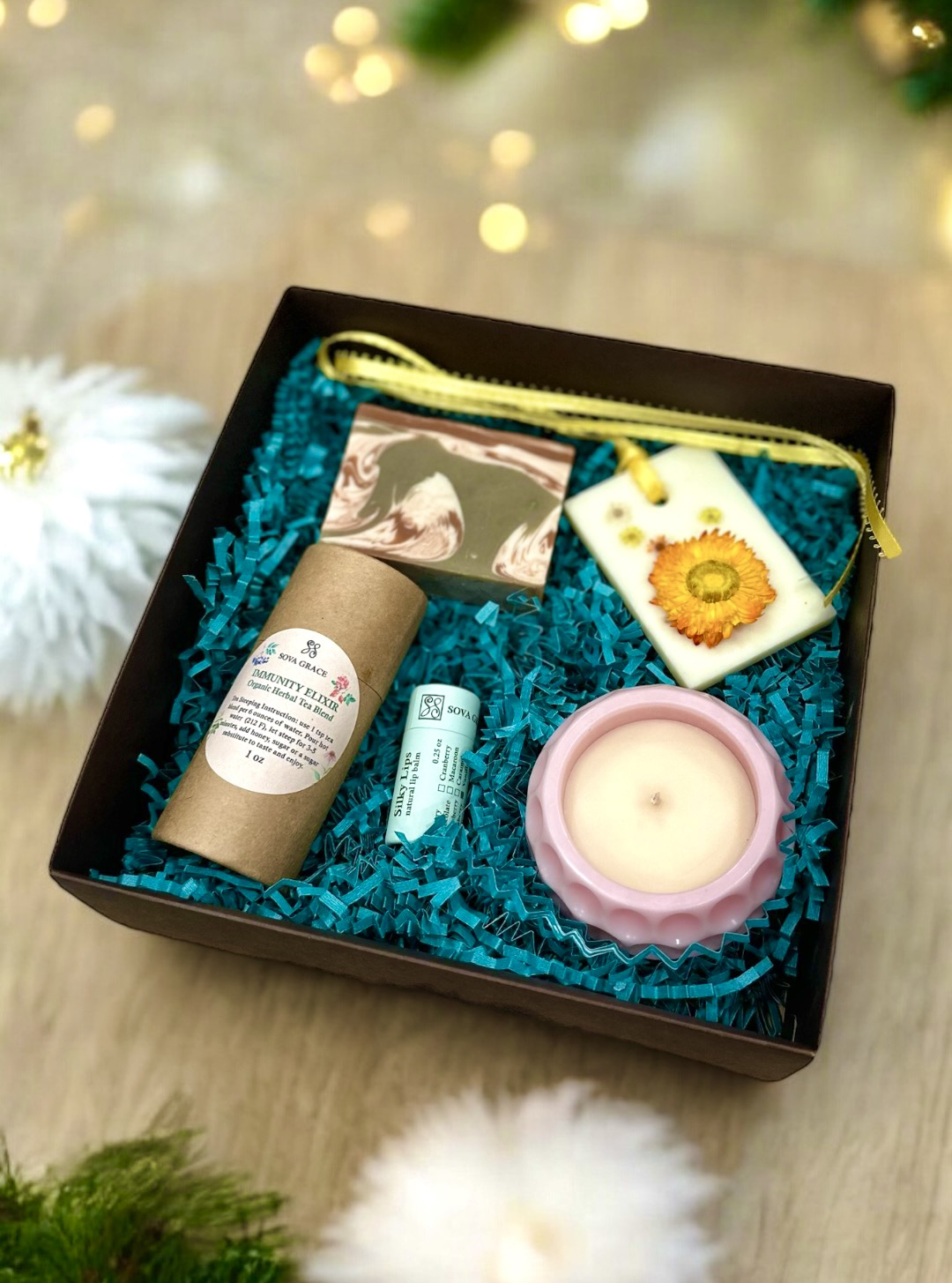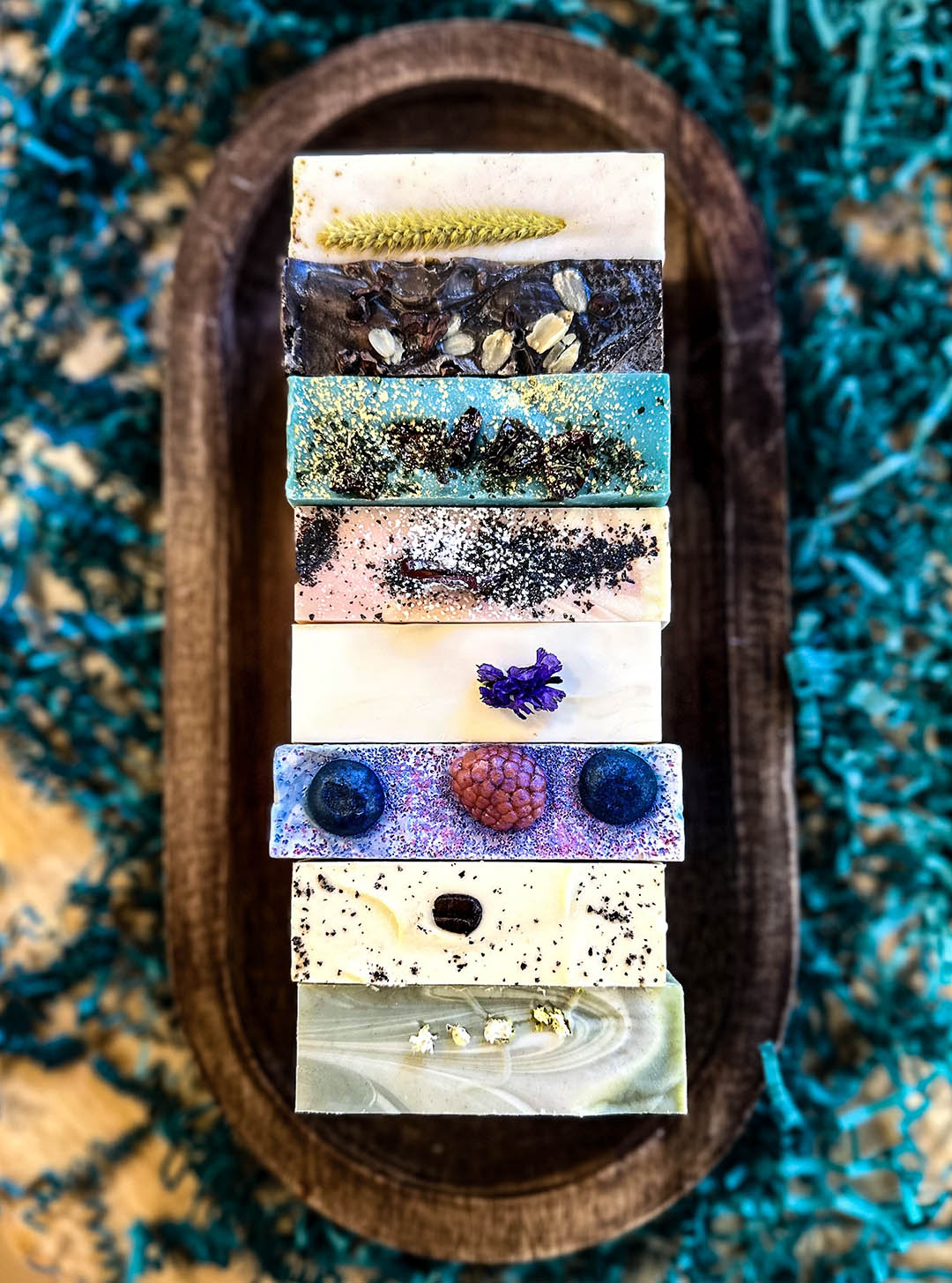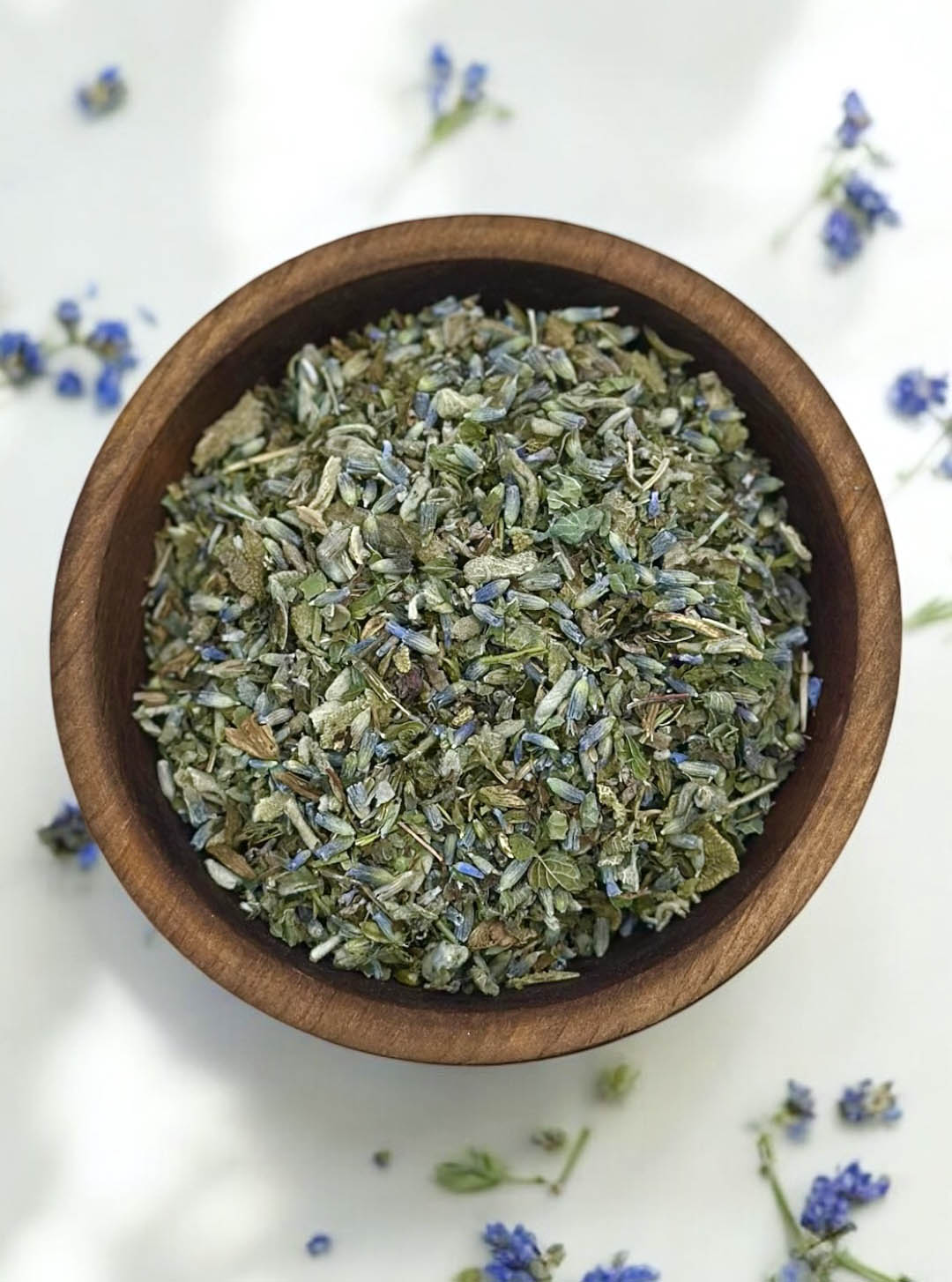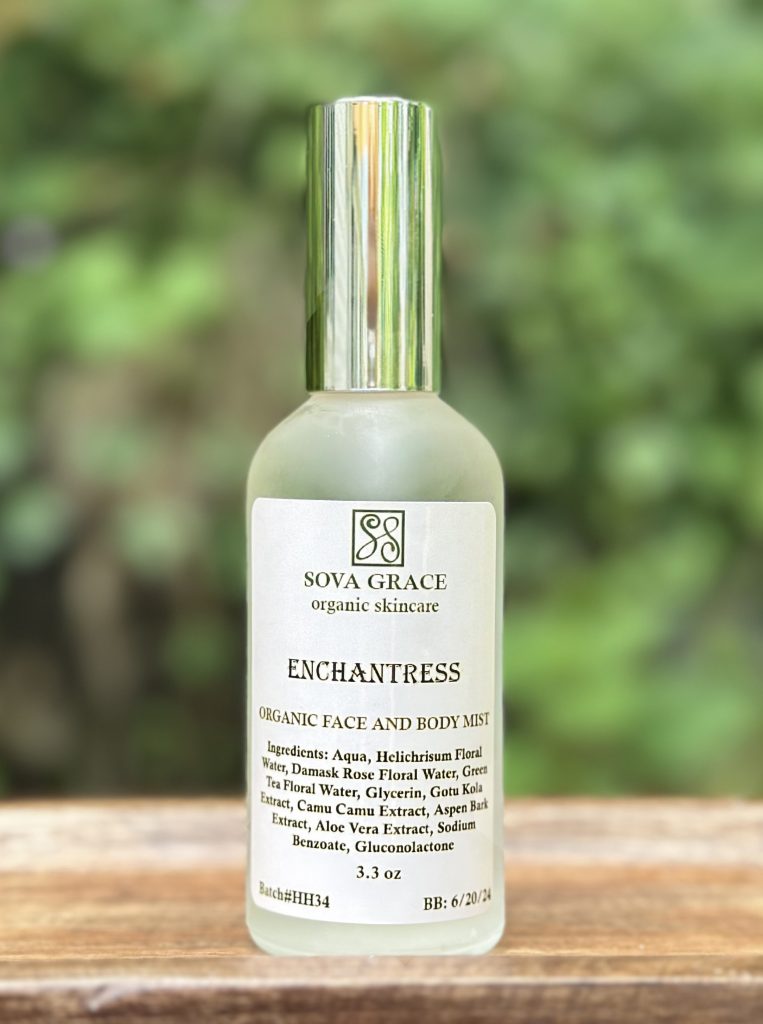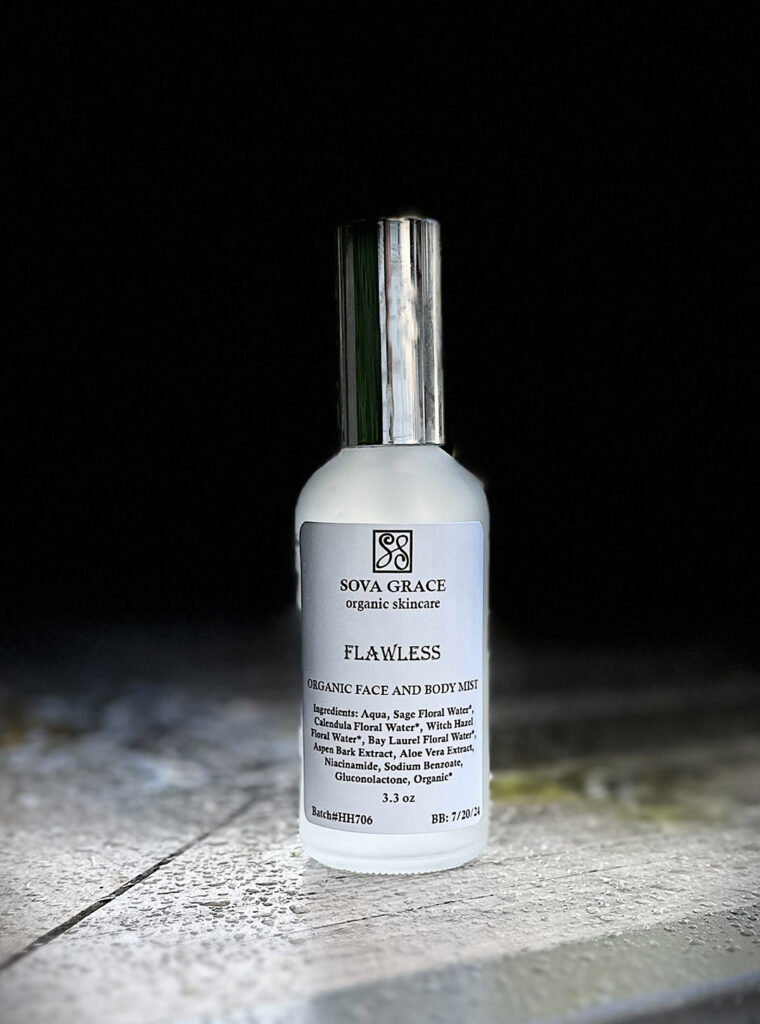What is a toner?
Toner is a skincare product that is typically used after cleansing and before applying serums, moisturizers, or other treatments.
People usually skip this step without realizing that it actually helps the skin in many ways.
When I worked at a SPA, my clients would frequently complain about some skin issues which were successfully resolved thanks to adding Toner to their skincare regimen .
Why would this happen and how toner benefits our skin? Lets go deeper into the question and find the answers here.
- Cleansers can sometimes disrupt the natural pH balance of your skin. A toner can help restore your skin’s pH to its optimal level, which is important for maintaining a healthy skin barrier.
- This one is my favorite because usually tap water is not beneficial for our skin. Let’s find out! The quality of tap water can vary significantly from one location to another. Some tap water is treated with chemicals like chlorine or chloramine to disinfect it. These chemicals can potentially disrupt the natural balance of your skin and lead to dryness or irritation, especially for those with sensitive skin. Toners can help remove any residual chemicals, impurities, dirt, or makeup that your cleanser might not have fully removed. This can ensure that your skin is clean and ready to absorb subsequent skincare products. Moreover, moist skin is more receptive to absorbing the active ingredients in your skincare routine.
- Many toners are water-based and contain hydrating ingredients like glycerin or hyaluronic acid. They provide an extra layer of hydration to the skin, helping to lock in moisture (but do not forget to apply your favorite serum after to prevent that moisture from escaping!).
- Some toners contain astringent ingredients (like witch hazel) that can temporarily tighten the appearance of pores. While they won’t actually “shrink” pores, they can help them appear smaller.
- Certain toners contain ingredients like chamomile, aloe vera, or rose water that have soothing and anti-inflammatory properties, making them suitable for sensitive or irritated skin.
What is the best toner for you?
Select a toner that suits your skin type and concerns. If you have dry skin, opt for a hydrating toner; if you have oily or acne-prone skin, consider a toner with ingredients like sage or witch hazel .
When and how to apply?
After cleansing, apply a small amount of toner to a cotton pad and gently swipe it across your face and neck. Alternatively, you can pour a small amount into your hands and press it onto your skin. Or, if it is a mist (which is my favorite!) you can spray it over your face or even body and feel the refreshing power it has!
How often you use a toner depends on your skin’s needs. Some people use it twice a day, while others use it once a day or a few times a day if they feel they need to add some moisture to their skin (this is especially important for long flights when the skin really needs to be refreshed every hour to prevent cracking or dryness).
Avoid Alcohol-Based Toners! Alcohol-based toners can be too harsh and drying for many skin types. Look for alcohol-free options.
Hydrosols, also known as floral waters or herbal waters, are aromatic waters produced during the steam distillation of plants to extract essential oils. They contain the water-soluble components of the plant, along with a trace amount of essential oil. This makes them especially beneficial for your skin. Hydrosols can be used as a natural and gentle toner after cleansing.
Hydrosols, like chamomile, helichrysum and rose, can be particularly helpful in reducing redness and inflammation. Certain hydrosols, such as lavender and witch hazel, have astringent properties that can help balance oily and acne-prone skin. They can also help tighten the pores. Hydrosols from plants like rose and neroli contain antioxidants that can help protect the skin from environmental damage and oxidative stress.
The aromatic properties of hydrosols can have a positive impact on mood and emotions. A light spritz of a soothing hydrosol can provide a relaxing experience. Compared to some essential oils, hydrosols are generally milder and have a lower risk of causing skin irritation. This makes them suitable for individuals with sensitive skin.
At SOVAGRACE, we choose high-quality, pure and organic hydrosols without added synthetic fragrances. Try these out to see the results! Click on image to find out more!
